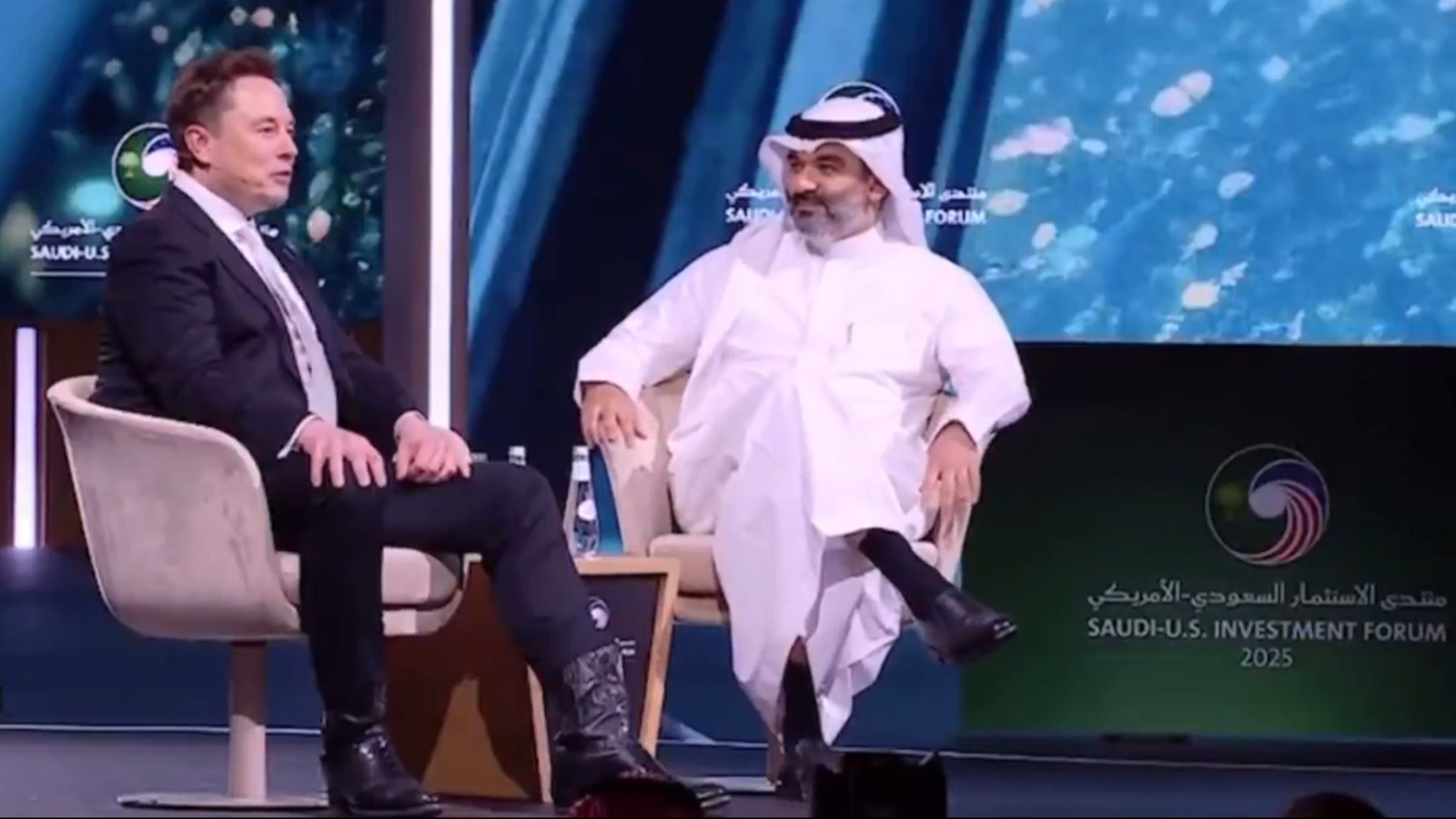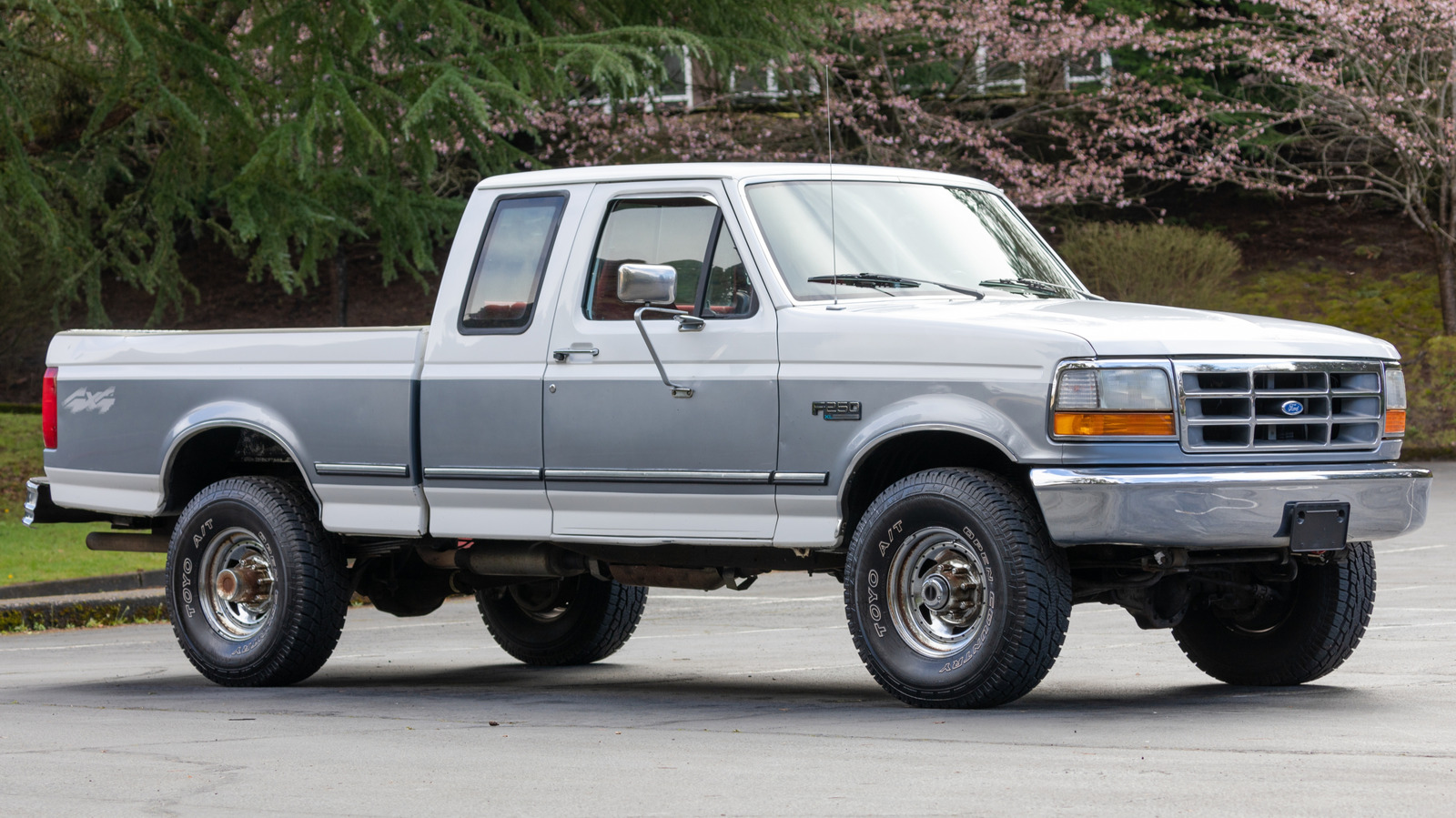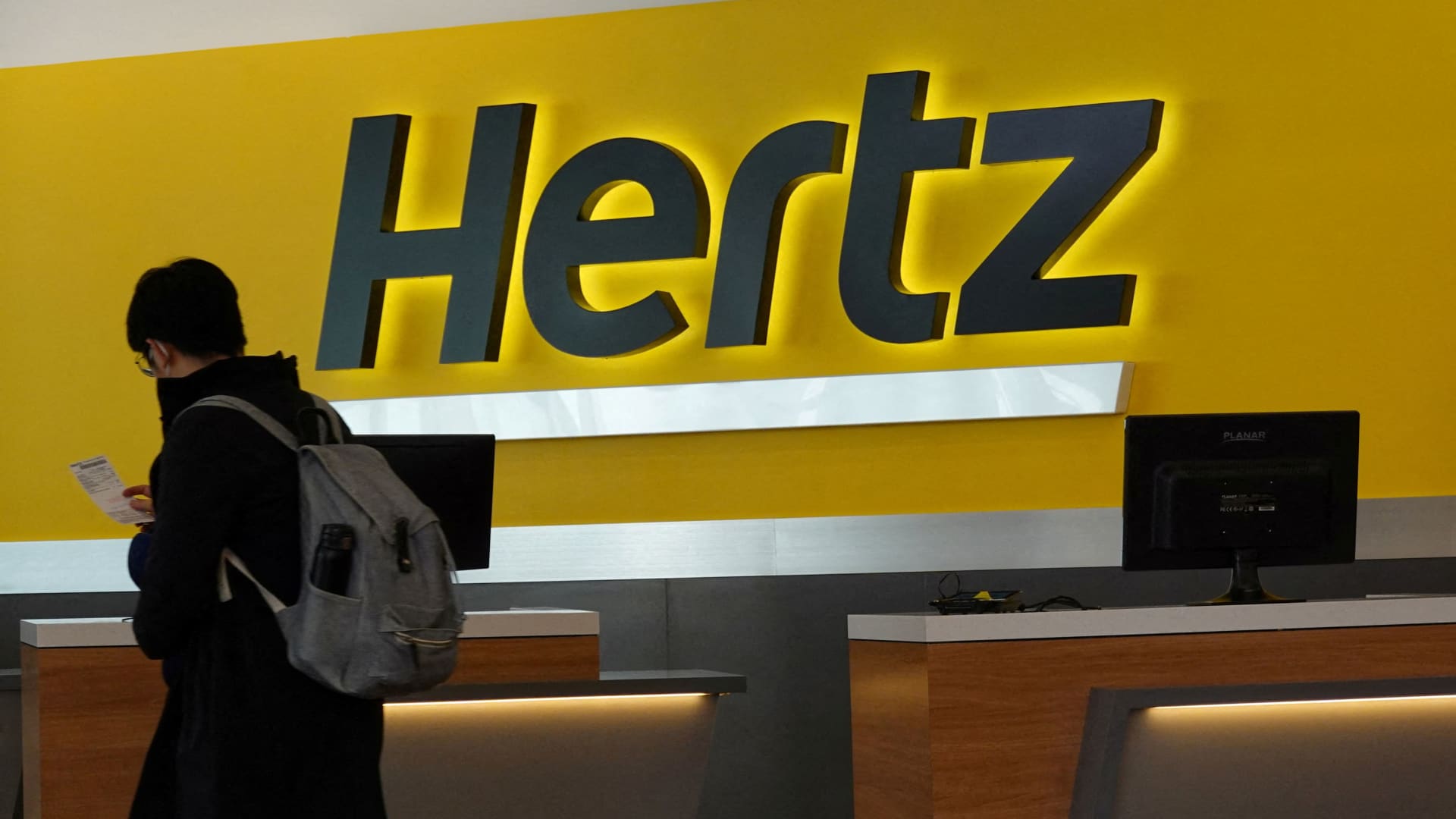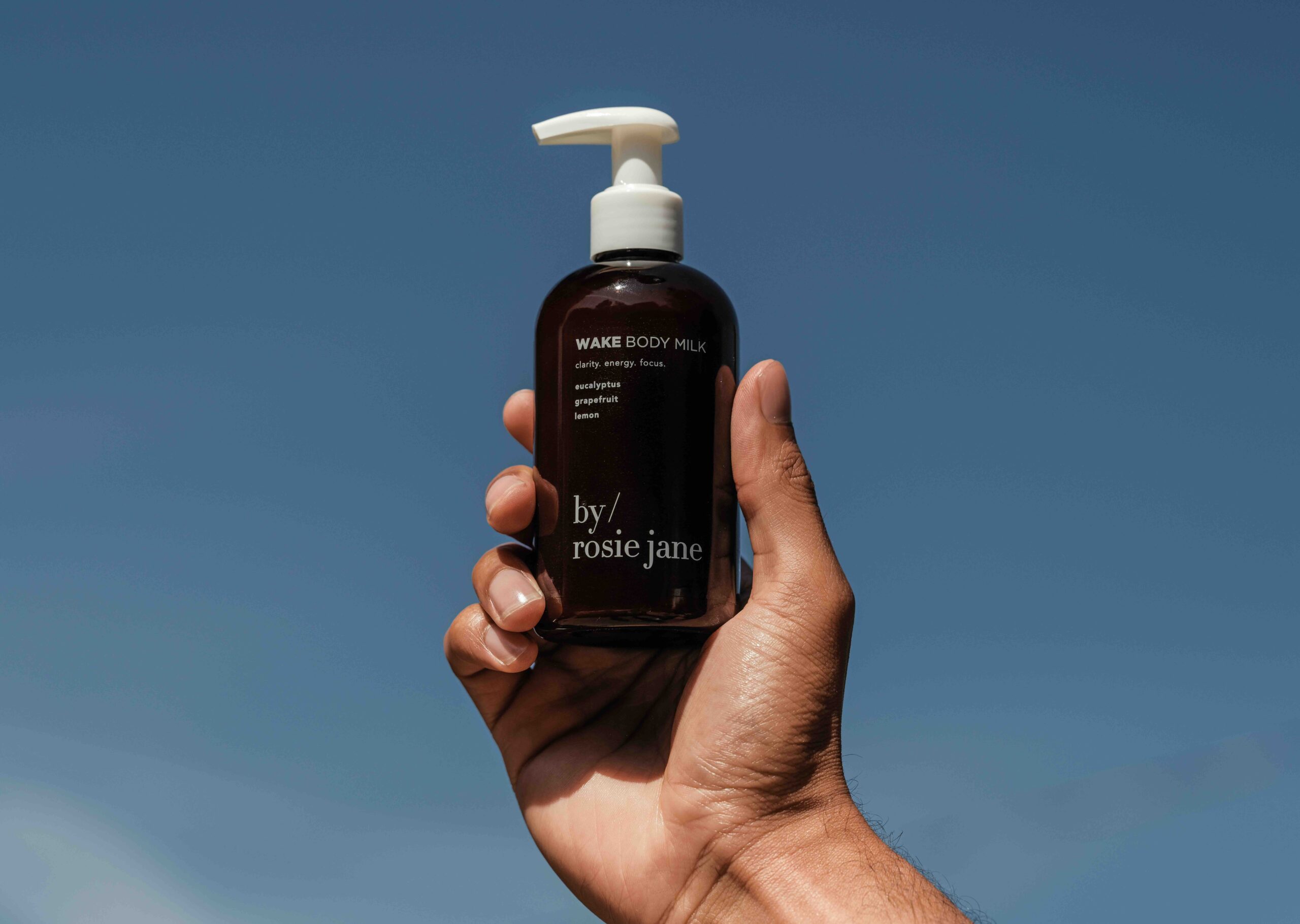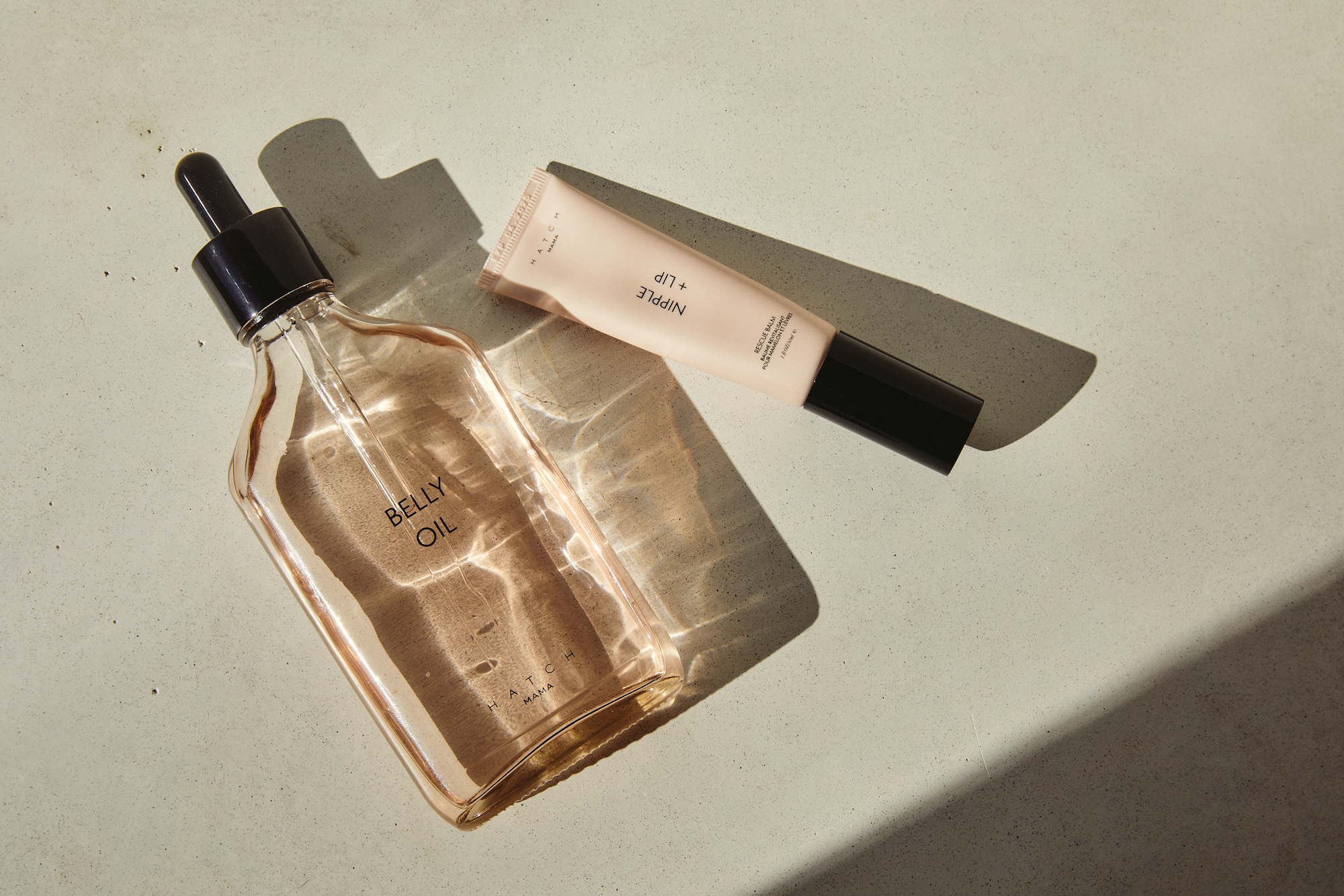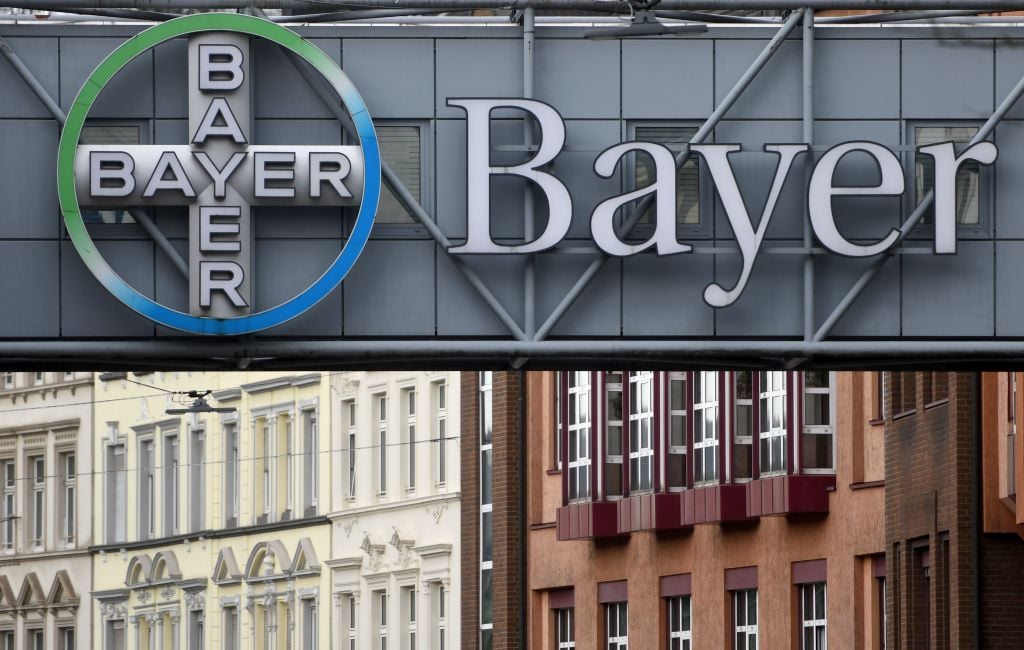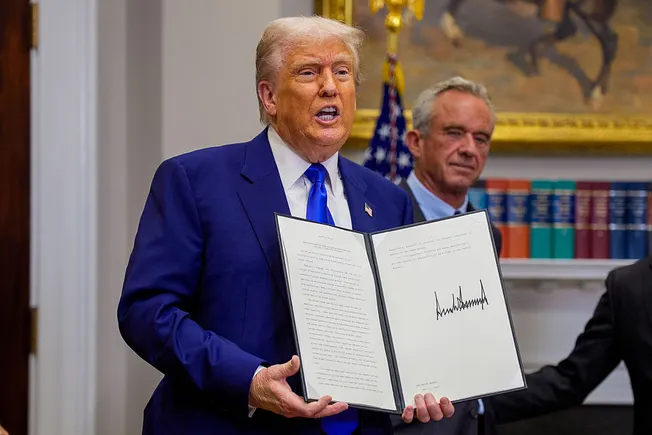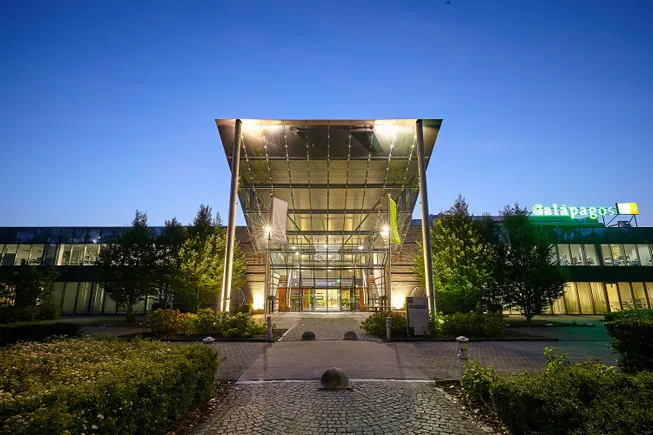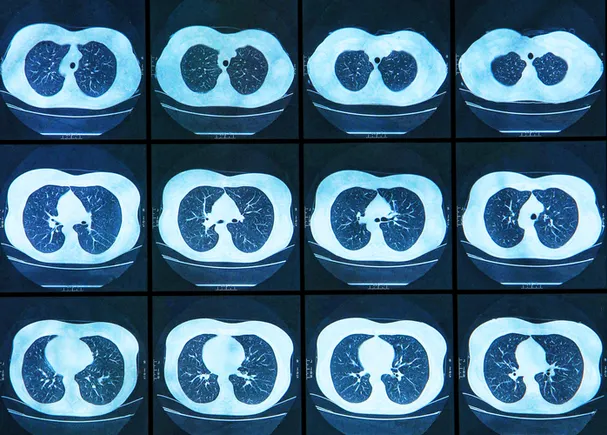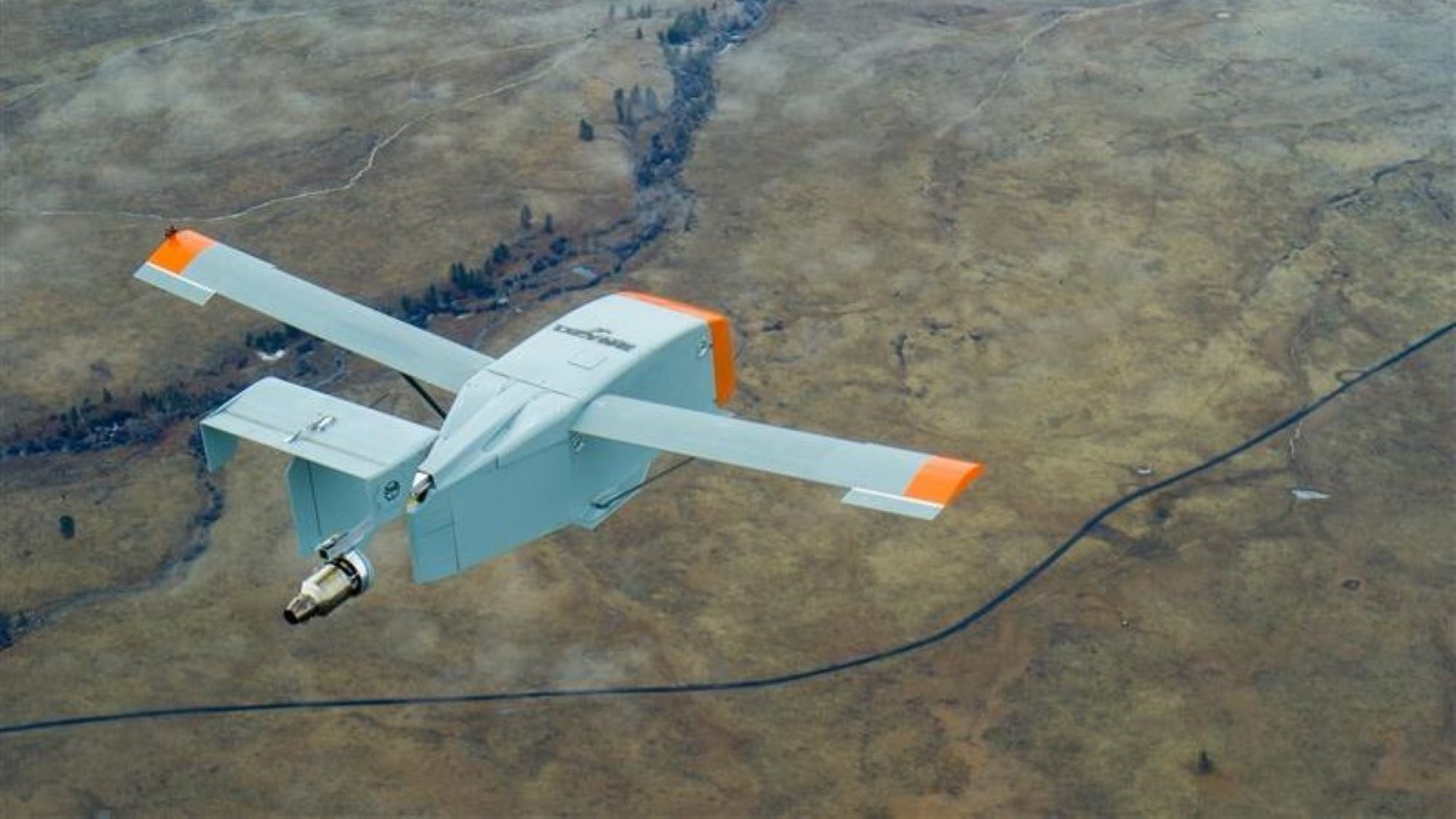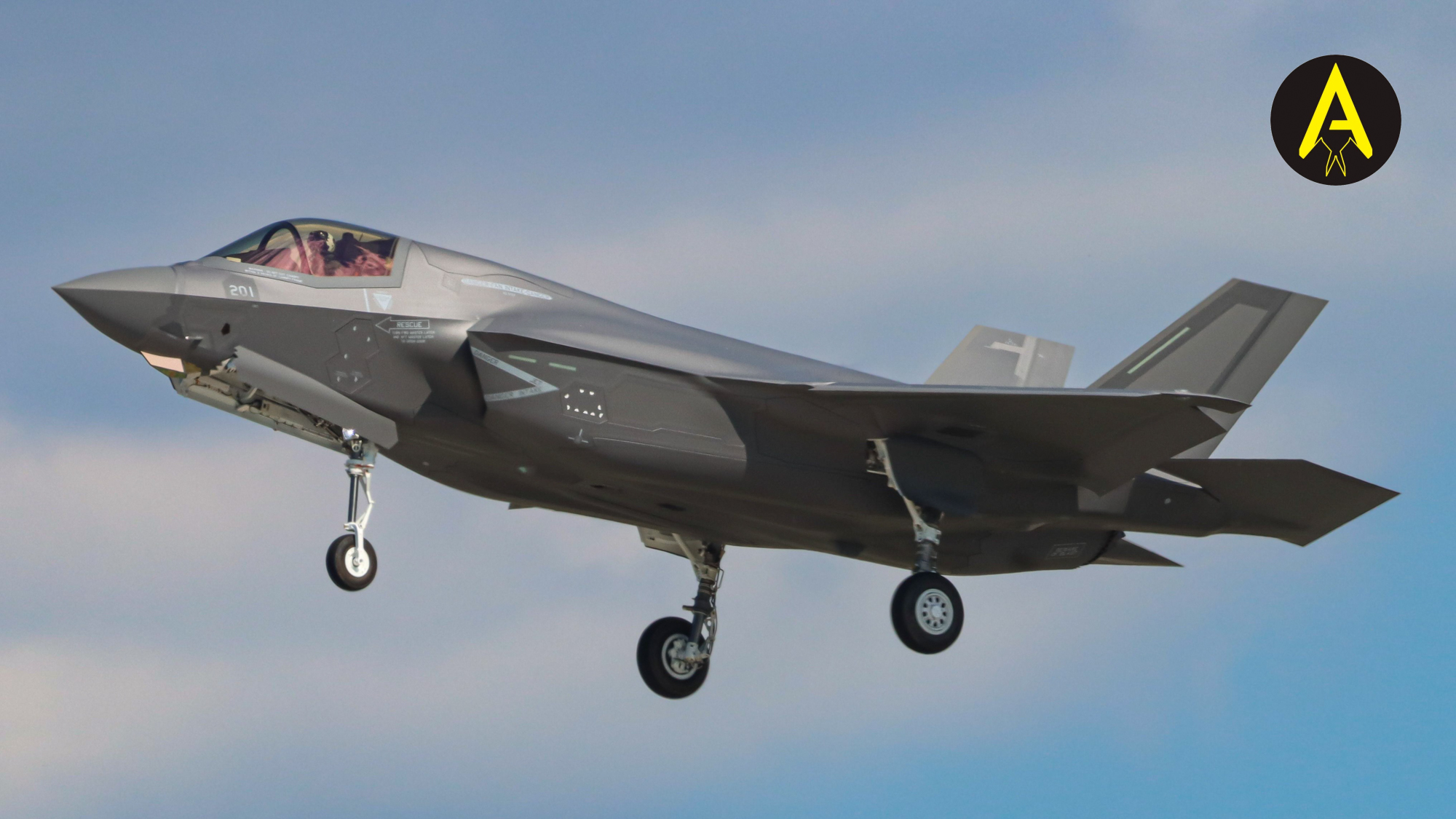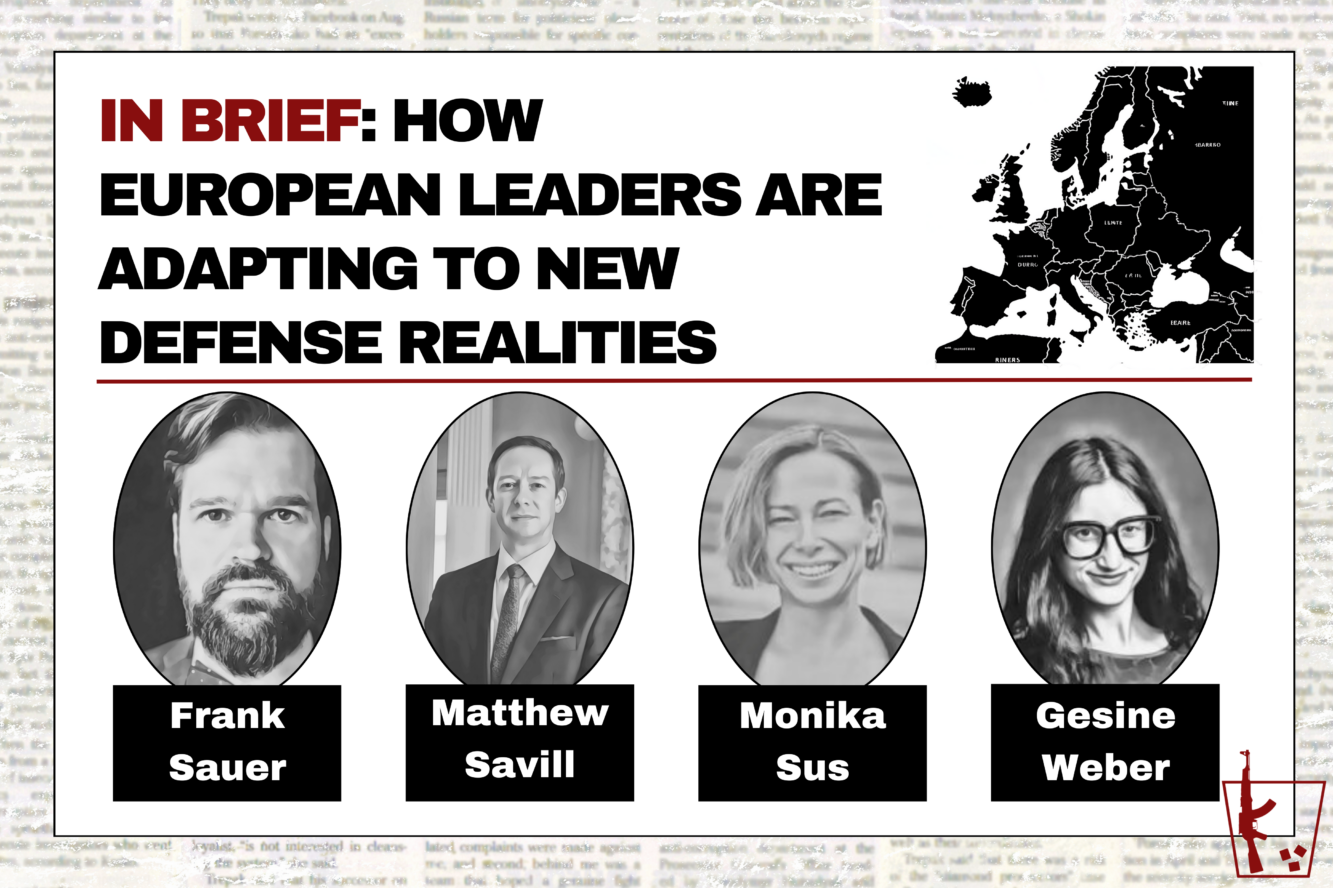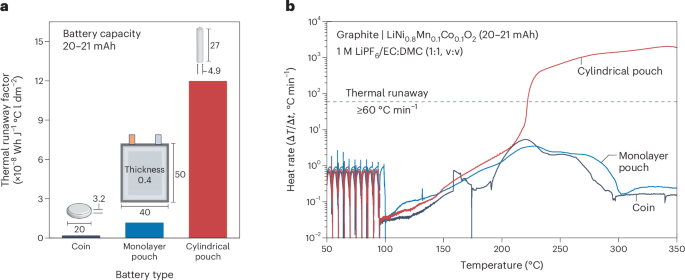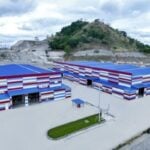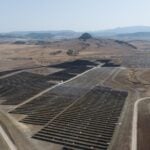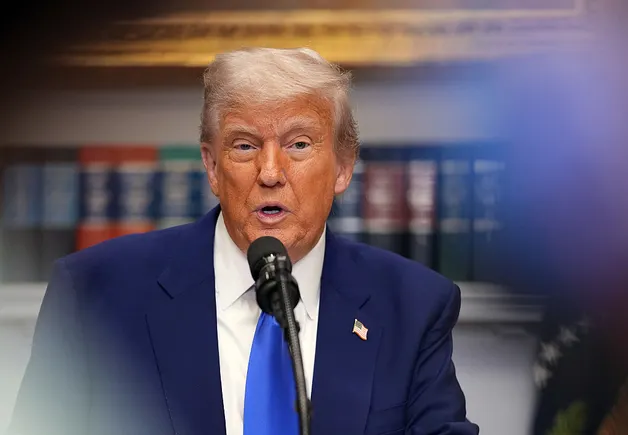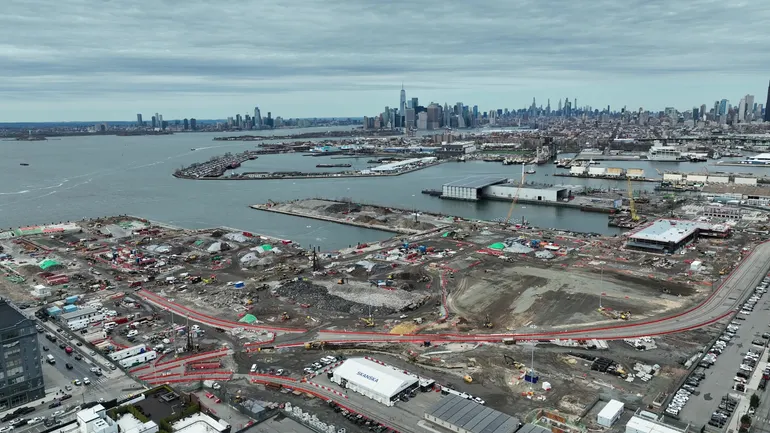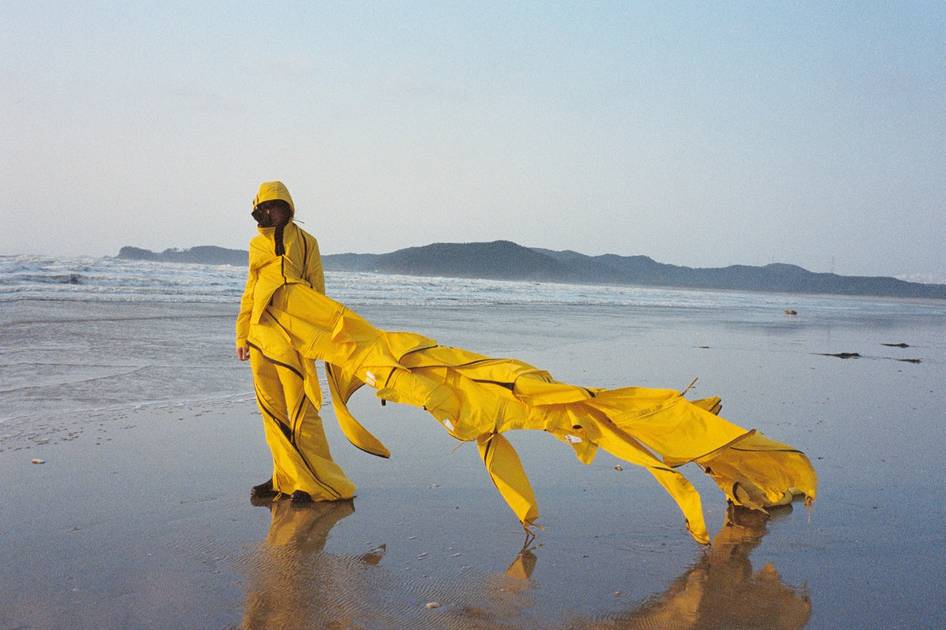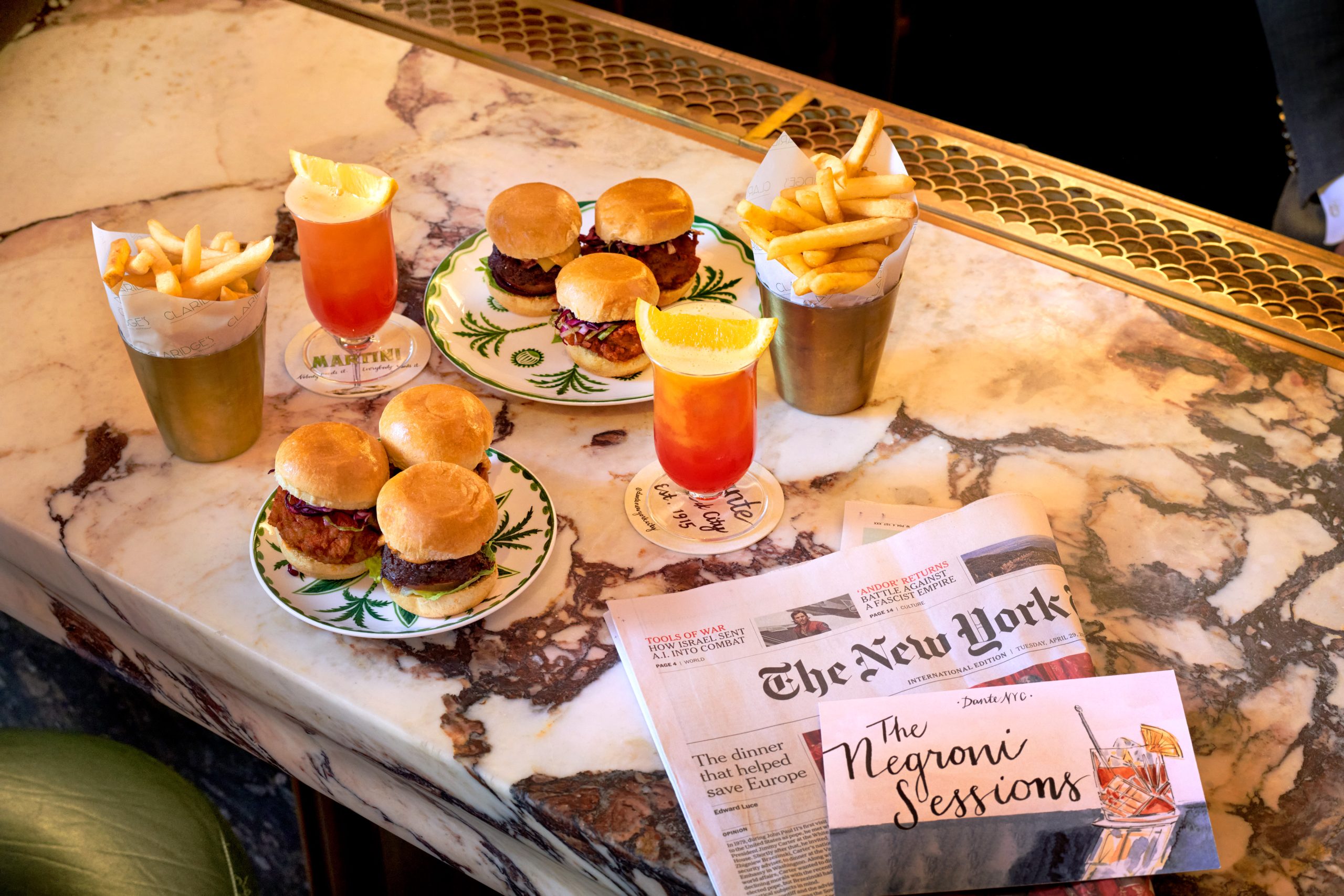WRAP’s Textiles 2030 becomes UK Textiles Pact
Textiles 2023 is now UK Textiles Pact. Credits: WRAP Textiles 2030, the UK’s voluntary initiative supporting businesses and organisations within the fashion and textiles industry, will from now on be called the UK Textiles Pact. According to a press release by WRAP (Worldwide Responsible Accredited Production), the climate action NGO behind the initiative, the move will “bring the agreement in line” with WRAP’s other flagship voluntary agreements, the UK Food & Drink Pact and the UK Plastics Pact. The goal remains the same, for the fashion and textiles industry to transition to more sustainable and circular practices by the end of the decade. UK Textiles Pact aligns with WRAP’s other flagship voluntary agreements Concretely, signatories are committed to a 50 percent reduction in the overall carbon footprint and a 30 percent reduction in the overall water footprint of new textile products placed on the market. In addition, they envision industry collaboration to achieve Circularity Roadmap ambitions. “For businesses, membership to the UK Textiles Pact unlocks interaction with WRAP’s team of experts to help solve problems, plus gives access to evidence-based tools, practical resources and collaborative working groups to tackle urgent sustainability challenges facing the textiles sector. The UK Textiles Pact is a collaborative, non-competitive and trusted network underpinned by innovation, expertise and collective determination,” states Mark Sumner, the Pact’s programme lead. According to the NGO, the UK Textiles Pact is a “central member” in WRAP’s wider Textiles Action Network, which unites national and regional textiles initiatives worldwide to exchange knowledge, share best practice and work collectively to put the textiles industry on a path to achieve net zero carbon emissions and ultimately transition to a circular economy. Currently, more than 130 organisations across the fashion and textiles supply chain, as well as trade bodies and charities, have signed the Pact. The Virginia-based organisation, whose acronym used to stand for "Worldwide Responsible Apparel Production", is committed to safe, compliant, humane and ethical production in the textile and apparel industry worldwide and awards certifications to manufacturing companies; more than 3,500 worldwide to date.
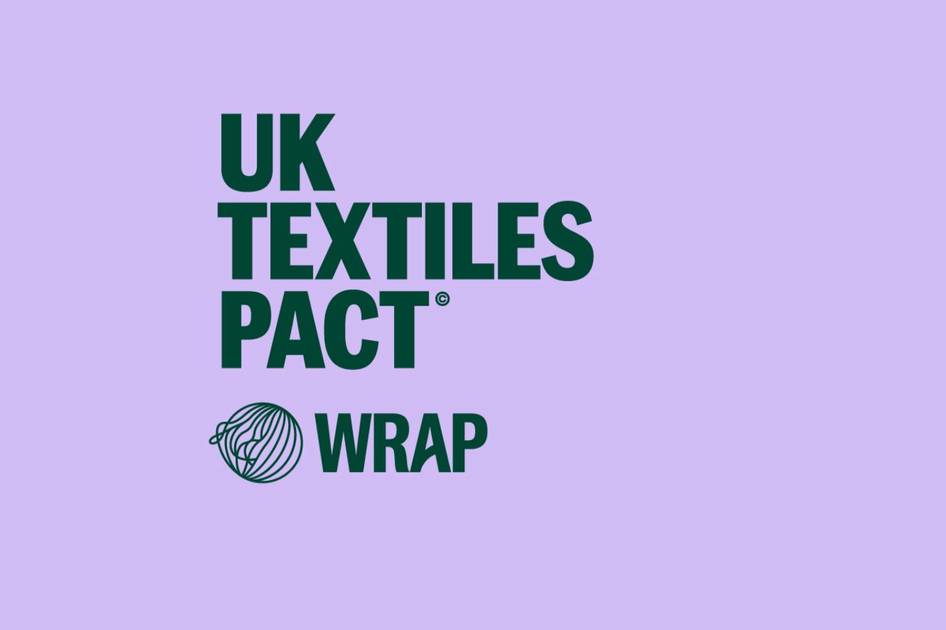
Textiles 2030, the UK’s voluntary initiative supporting businesses and organisations within the fashion and textiles industry, will from now on be called the UK Textiles Pact.
According to a press release by WRAP (Worldwide Responsible Accredited Production), the climate action NGO behind the initiative, the move will “bring the agreement in line” with WRAP’s other flagship voluntary agreements, the UK Food & Drink Pact and the UK Plastics Pact.
The goal remains the same, for the fashion and textiles industry to transition to more sustainable and circular practices by the end of the decade.
UK Textiles Pact aligns with WRAP’s other flagship voluntary agreements
Concretely, signatories are committed to a 50 percent reduction in the overall carbon footprint and a 30 percent reduction in the overall water footprint of new textile products placed on the market. In addition, they envision industry collaboration to achieve Circularity Roadmap ambitions.
“For businesses, membership to the UK Textiles Pact unlocks interaction with WRAP’s team of experts to help solve problems, plus gives access to evidence-based tools, practical resources and collaborative working groups to tackle urgent sustainability challenges facing the textiles sector. The UK Textiles Pact is a collaborative, non-competitive and trusted network underpinned by innovation, expertise and collective determination,” states Mark Sumner, the Pact’s programme lead.
According to the NGO, the UK Textiles Pact is a “central member” in WRAP’s wider Textiles Action Network, which unites national and regional textiles initiatives worldwide to exchange knowledge, share best practice and work collectively to put the textiles industry on a path to achieve net zero carbon emissions and ultimately transition to a circular economy.
Currently, more than 130 organisations across the fashion and textiles supply chain, as well as trade bodies and charities, have signed the Pact.
The Virginia-based organisation, whose acronym used to stand for "Worldwide Responsible Apparel Production", is committed to safe, compliant, humane and ethical production in the textile and apparel industry worldwide and awards certifications to manufacturing companies; more than 3,500 worldwide to date.










